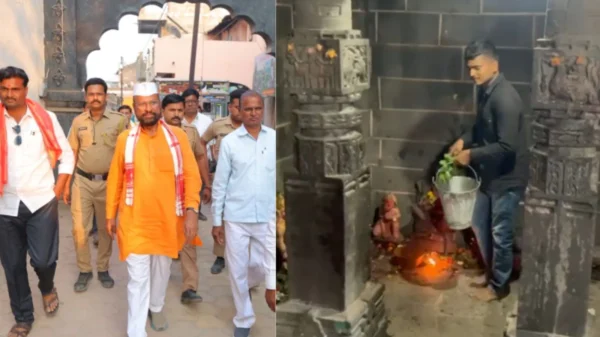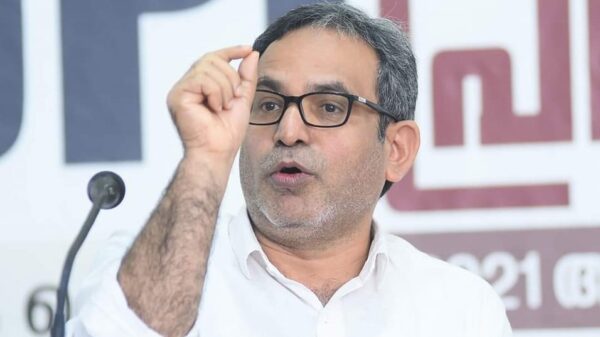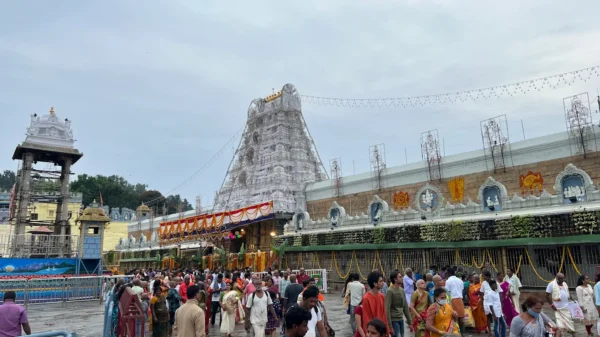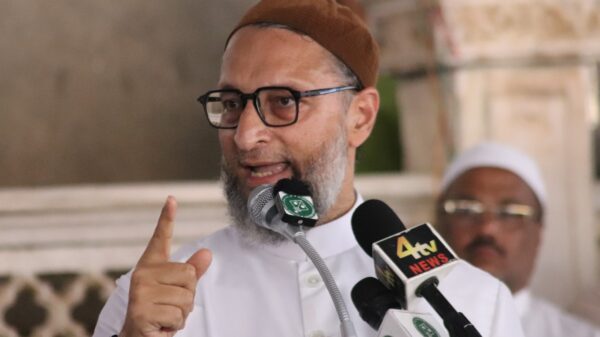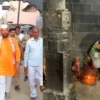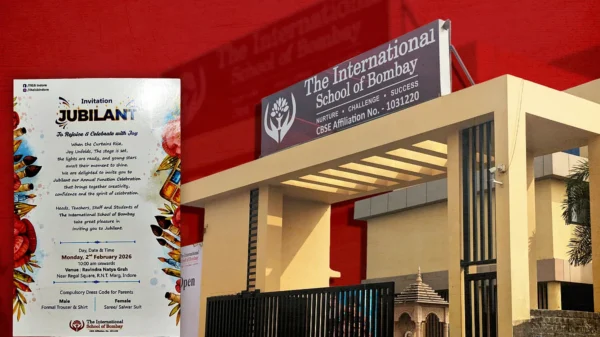A teacher at the Government Inter College in Kharadi, Uttarakhand, was suspended after permitting Muslim students a brief leave to attend Friday congregational prayers.
Tilak Chandra Joshi, serving as in-charge principal for the day, allowed Muslim students an hour-long leave for Friday prayers. In a viral video, Joshi explained that the practice aimed to balance educational attendance with religious obligations. “Many students were otherwise absent on Fridays, so they returned to school after prayers,” he said.
However, groups like the Vishva Hindu Parishad (VHP) and Bajrang Dal protested, accusing the school of violating educational protocols and favouring one community.
“This is blatant appeasement and disregards educational neutrality,” claimed VHP leader Anil Sharma.
The Directorate of Education responded by suspending Joshi, citing a breach of Conduct Rules of Employees, 2002. Dr. Mukul Kumar Sati, Additional Director of Secondary Education, confirmed Joshi’s suspension pending an investigation.
“The teacher will remain attached to the Chief Education Officer’s office until the inquiry concludes,” Dr. Sati said.
The suspension has drawn criticism from the Muslim community in Ramnagar. Local leader Fayaz Hussain said, “The Constitution guarantees the right to practice one’s faith. Allowing prayer breaks is not a violation but a recognition of India’s diversity.”
Parents of affected students also expressed dismay. “Our children are being punished for practicing their religion,” said a parent.
The controversy highlights a growing pattern of marginalization of Muslim practices in public institutions. Activists have pointed to similar cases, such as debates over the hijab or criticism of Muslim festivals in schools.
“Muslim practices are scrutinized, while accommodations for Hindu rituals are normalized,” noted journalist Ayesha Khan.
Legal experts have argued for a more inclusive approach. “Granting students time for prayers aligns with constitutional rights and promotes inclusivity,” said advocate Salman Qureshi.
Hindu groups maintain their stance that religious accommodations disrupt institutional neutrality. “Schools are not places of worship,” said VHP member Anil Sharma.
Critics, however, argue that such positions are applied selectively. Activist Khalid Ahmed said, “This reflects a growing intolerance eroding India’s secular fabric.”
Community leaders have urged the government to prioritize fostering harmony. “This is not just about one teacher; it’s about the society we wish to build,” said activist Fatima Begum.






